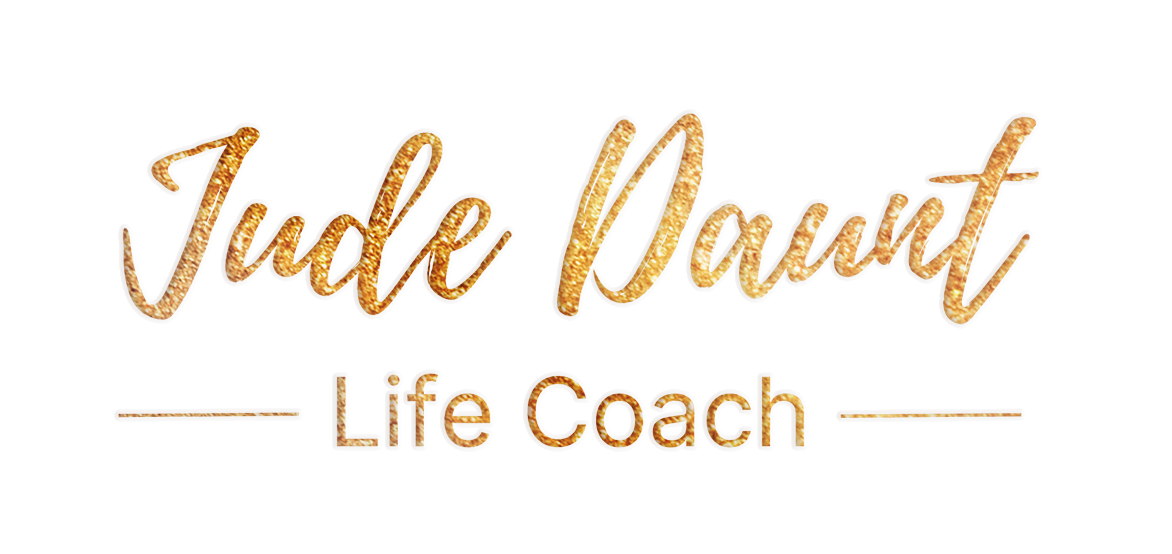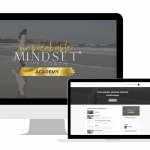What Are Limiting Beliefs? Limiting beliefs are negative thoughts and opinions you have about yourself that you believe to be absolutely true. They limit or impact your life in some way. In most cases, these beliefs are unconscious and act as defence mechanisms. They can stop us from doing stupid things or things we deem unreasonable behaviour, but they become problematic when they prevent us from achieving our goals or begin to limit our success and happiness.
Where do limiting beliefs come from?
Most experts now agree that many of our core beliefs come from childhood, and are formed by the age of 7. In these younger years, we take things at face value, believing what we are told or shown through the behaviour and actions of others. We absorb information without question. We don’t yet have the ability to think ‘what’s their problem?’ or look critically at anything we’re told. So while we can create limiting beliefs at any time, our core beliefs are those that form the basis of the stories we tell ourselves about who we are and what we can achieve.
There’s usually a deep-rooted emotion connected to a core limiting belief. Our brains are hardwired to protect us, so anything that once caused or can cause us pain or hurt will be associated with painful or uncomfortable emotions and our brains will try to help us avoid those things. It can change how we perceive something entirely, meaning that when we do experience the same or similar situation, for example, our brains will seek to confirm our bias and look for evidence that reinforces our belief.
These beliefs probably served us at one point, but not now.
How do you identify a limiting belief?
Identifying your limiting beliefs can be as simple as writing down your general beliefs about life and then grouping them into areas, such as family, work, finances, relationships etc. When you work with me 1-1, I give you a long list of some of the most common beliefs people have about themselves and ask you to tick which ones resonate with you. I’ve worked with all of them over the years.
Next, I ask you to try and give a bit of context around why you believe those statements that you’ve ticked. This requires you to delve into your past. It’s a little bit like being a detective for yourself. Get curious. It could be that you feel it is your lived experience – something that’s happened to you over and over. Or it might be that someone made a comment to you years ago that has stuck with you. Whatever your reasons, once you start to understand your beliefs, where they’ve come from and see why they might lead you to certain behaviours, you can begin to change them.
What are your three most limiting beliefs?
It can seem overwhelming when you first realise how many limiting beliefs you have. You’ve probably got more than you think. If this is the case, pick your top 3 and work on those first.
Some of the most common limiting beliefs include things like:
- I am not good enough
- I am not pretty or thin enough
- I’m not smart enough
- I can’t be my real self or people will judge me
- Rich people or having lots of money is greedy/evil/brings unhappiness etc.
- I will never make enough money
- I will never find a partner
- Love is too hard and painful
- I will get hurt
- I can’t make money doing what I love
How do you get rid of limiting beliefs?
To dismantle a limiting belief, you need to challenge it. When working 1-1 with me, after we have discovered what your limiting beliefs are and where they might have come from, we look at how they might show up in your life. What do they prevent you from doing? It’s important for you to recognise how unhelpful they may be to you now.
Then we look for absolute, 100% proof to support them. Nine times out of ten, there is none. It’s perceived. It’s the thoughts in your head, assuming what others have felt or their reasoning behind saying or doing something in particular, but no factual proof that supports your belief.
If there is factual proof, then it’s time to question how much that means or should mean to us, and the likelihood of this happening again in the future.
If someone made a comment on your appearance as a child, then you may have a limiting belief about not being attractive enough or the right shape or size.
- Did they have a proof for what they were saying or was it just their opinion?
- Who was it who said this to you? A family member? A neighbour? Another child? How valuable is their opinion to you?
- Your belief may be telling you that everyone feels the same way, but do you have evidence for that?
- You may have a few incidents of people saying mean things about your appearance, but you’ve probably got more from people complimenting you. So why don’t you believe them instead?
Reprogramming your limiting beliefs
Reprogramming your limiting beliefs is about taking action to change them. All the detective work done up to this point is great and you’ll probably have a few lightbulb moments for yourself, but those realisations won’t change anything unless you take action. And there are several ways you can aid this:
- Problem Solving
If your belief has a very practical outcome, like not believing you are confident enough to do a presentation at work, you can problem-solve to help gain confidence. Could you do some confidence training? Or practice with your partner at home or a colleague you trust? What can you do to give yourself evidence that proves your belief to be untrue?
- Affirmations
Repeating daily affirmations about the person you really are, can help replace the thoughts in your head that say otherwise.
- Meditation
Meditation has many health benefits. From bringing a sense of calm and peace to your daily life, to reducing stress levels and allowing you to see things more clearly. It’s also known to regulate mood and improve relationships – especially the one with yourself.
- Manifestation
Manifestation is about bringing things you want into your life through attraction and belief. There’s much more to it than simply willing something to be, however, but learning how to manifest can literally change your life. My Month to Manifest course can help teach you, step by step, how to manifest your goals and desires.
Along with the tips above, coaching can also help you to work through this process, with support, so that you can unlock your own potential. My Unbreakable Mindset Method was designed to achieve outstanding results.
If you’d like to find out more about how we can work together, book a discovery call today.
You can also listen to the latest episode of my podcast for your weekly burst of inspiration.






